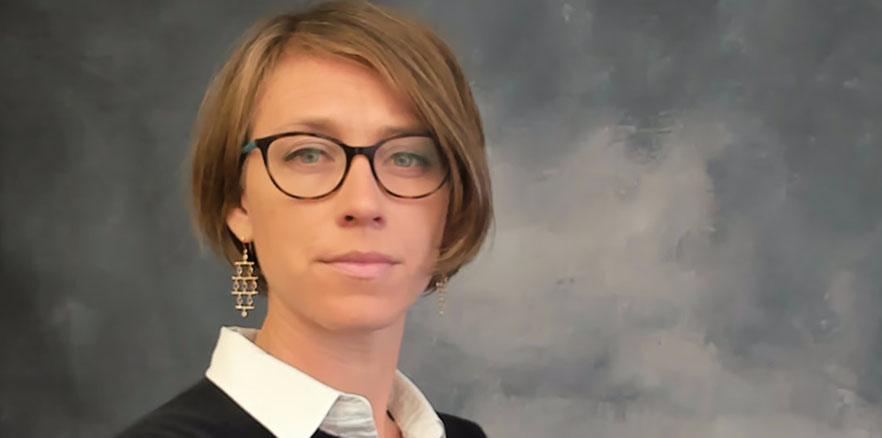
Dr Anne Williams
After working remotely for Otago since 2021, Dr Anne Williams has recently arrived in Dunedin bringing her expertise in global nutrition and micronutrient surveillance with her.
It was the comfortable lot of fishermen in Alaska that set Dr Anne Williams thinking about what corner of biology she ought to inhabit.
After gaining a BSc from the University of Washington's School of Aquatic and Fishery Sciences, she spent five years working as a field biologist at the International Pacific Halibut Commission in Southeast Alaska. It was this experience that influenced her swerve towards public health.
“I've always been really motivated by quantitative science. As a fisheries biologist my primary interest was in the health of the fish stock. Yet the user group that was benefitting most from my efforts was commercial fishermen who seemed to be doing OK in the world.”
Williams swapped fish catch calculations for public health advancement.
“I was motivated to do solution-oriented work that benefitted disadvantaged segments of society. I was drawn to working with women and children.”
That led to a PhD in Nutritional Biology at the University of California, where she researched child nutrition in East Africa.
After completing a postdoc at Emory University, Williams spent five years with the International Micronutrient Malnutrition Prevention and Control programme (IMMPaCt) at the United States Centers for Disease Control and Prevention.It was there that she honed her expertise in micronutrient surveillance.
In best case scenarios, this kind of work can lead to healthier populations. Surveillance is a cornerstone of public health, yet population micronutrient assessment is rare. This makes health advocacy tricky: “You can't advocate for unmeasured conditions.”
“There's quite a bit of nutrition research happening in Asia and Africa but the Western-Pacific region is riddled with data gaps. I would love to see that change.”
Williams recently upped sticks and moved to Otago hoping she could galvanise nutritional surveillance measures within the Western Pacific.
“Part of what I'm drawn to in public and global health is really going the last mile because that's one of the hardest parts of the equation.”
Driven by a concern that the Pacific population's nutritional profile is under-researched, Williams hopes to build partnerships and better understand the main nutrition challenges this region faces.
Alongside her research, Williams is teaching a Global Nutrition paper – something new to Otago.
“I'd eventually like to foster student exchanges, but my short-term focus is to motivates students to get involved in global health nutrition work and not shy away from its complexity."
Recent awards
- Synergy Award from the Woodruff Health Sciences Center at Emory University (2017)
Funding
- Global Alliance for Improved Nutrition
More stories about early career researchers
This story is part of the research publication 'He Kitenga 2022: Talented Futures', which presents the different pathways into research that early career researchers follow.